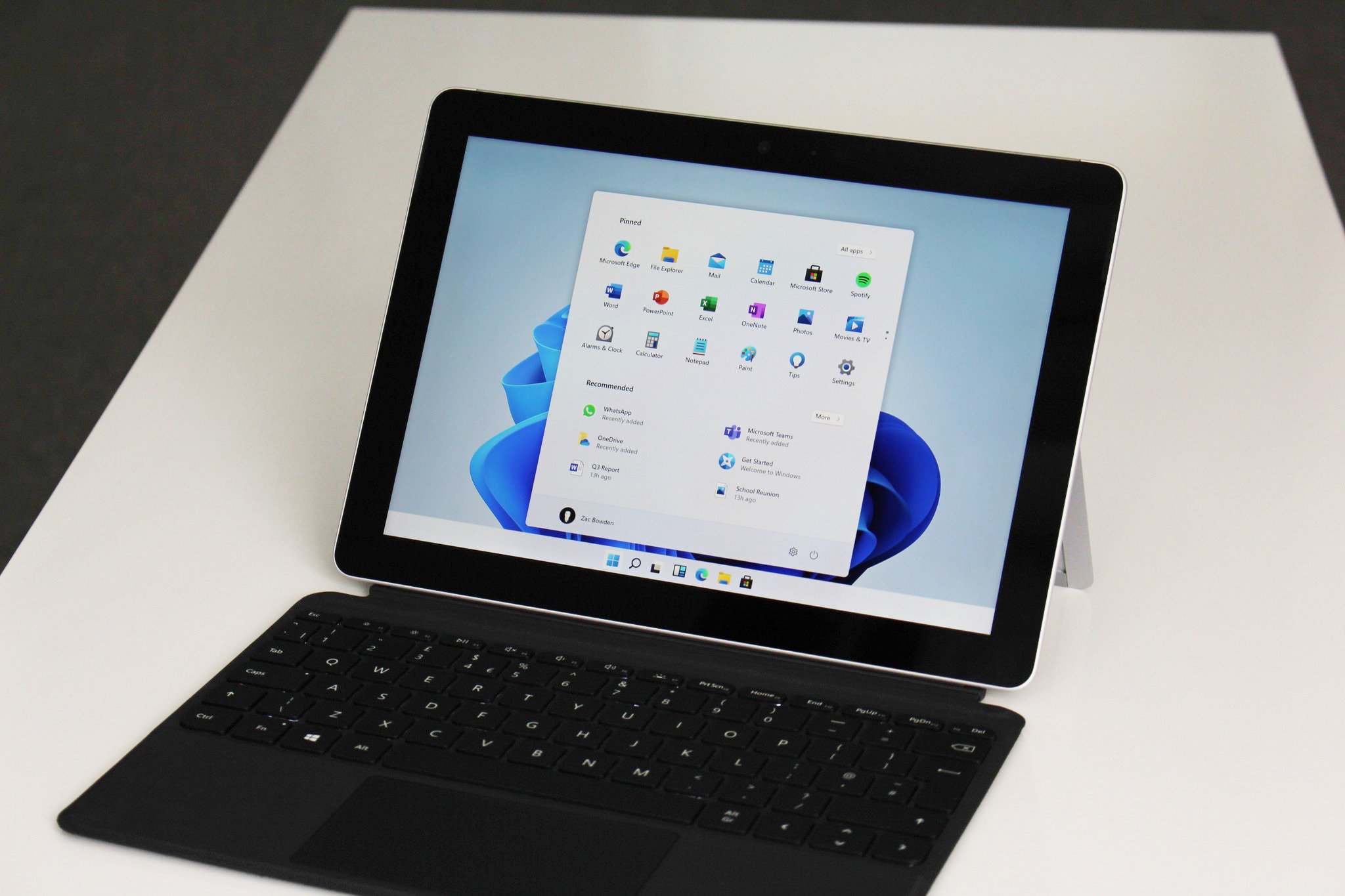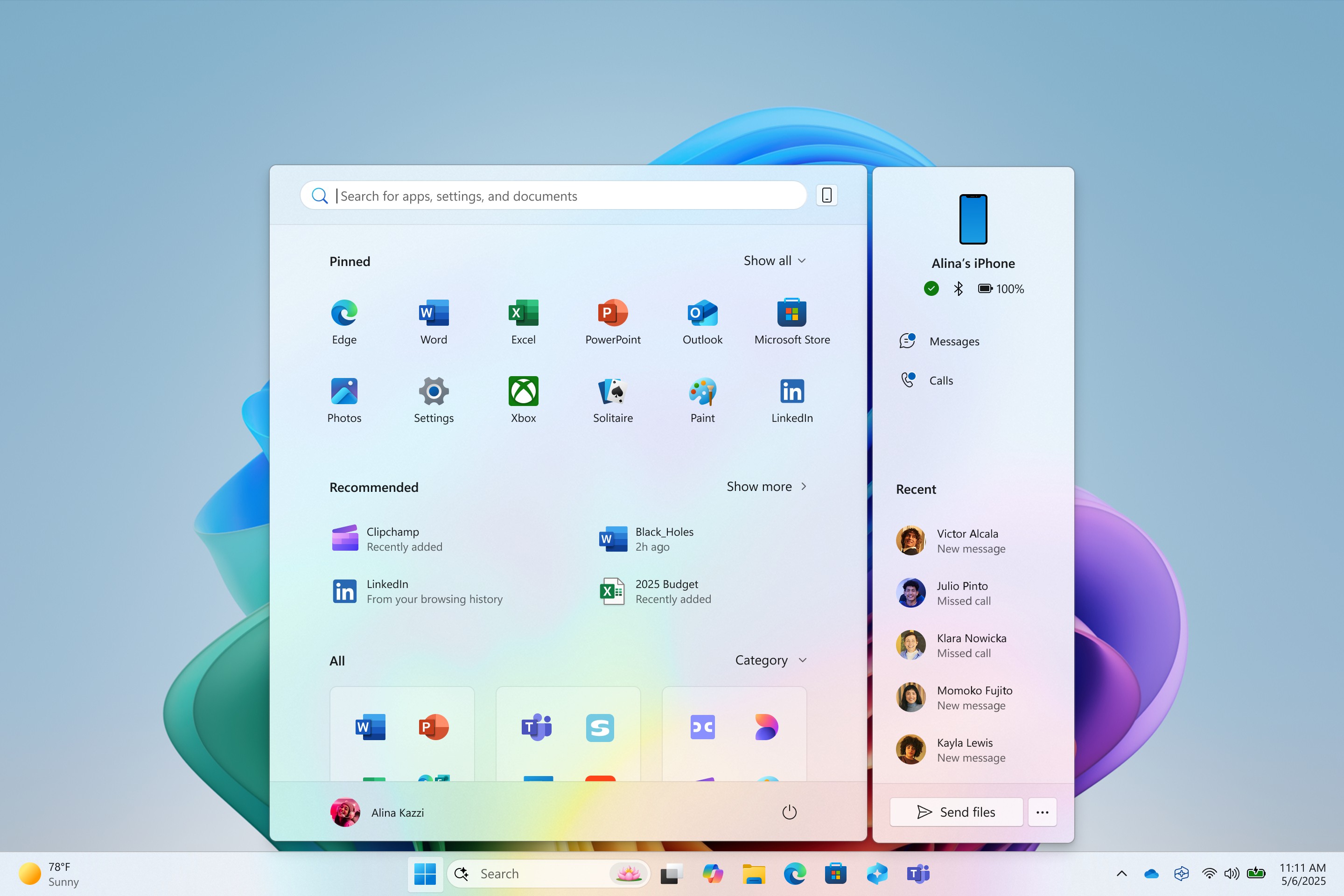False alarm! Microsoft rectifies language that implied Windows may have lost millions of users since Windows 11 debut
The company quietly updated a blog post published last week correcting the number of Windows devices currently in use today to "over 1.4 billion," 400 million up from the "over 1 billion" it originally suggested.

All the latest news, reviews, and guides for Windows and Xbox diehards.
You are now subscribed
Your newsletter sign-up was successful
Last week, Microsoft published a blog post that mentioned Windows was now in use on just over 1 billion devices worldwide. That number alone is impressive, but when you consider the fact that Microsoft had previously stated Windows was in use on over 1.4 billion devices, it led some to believe that Microsoft was implying it had actually lost market share in the last three years since Windows 11 entered the market.
ZDNet was first to question such possibility, claiming as many as 400 million PCs were no longer in use running Windows, which would be a huge dent in the Windows ecosystem. I suggested it could be a rounding error, or a different counting metric that Microsoft had chosen to use for that blog post. Either way, it didn't look good and was a possible sign that Windows had indeed lost some users in the last few years.
Now, Microsoft has quietly updated that blog post, changing the "over 1 billion" number to "over 1.4 billion," confirming that Windows hasn't lost up to 400 million users in the last few years. However, it does also mean Windows hasn't gained any new users either. Microsoft said Windows had over 1.4 billion users back in 2022, meaning Windows 11 hasn't done much to move the needle and convince Mac and Chrome OS users to switch over.
As things currently stand, Windows 11 is the second most dominant desktop operating system in the world, behind Windows 10. As Windows 10 reaches end of support this year, Windows 11 is expected to take the crown as most used desktop operating system globally, which will likely happen in the next year.

However, although there are still 1.4 billion users using Windows, the trend over the last 15 years is that is slowly losing market share. It may not have lost as many as 400 million users in three years, but there a clear downtrend in market share when you look at Windows as a platform over the last decade or so. Data analytics websites like StatCounter suggest Windows has lost as much as 15% of the market since 2015.
Of course, those websites aren't entirely accurate, but they do give us a rough idea as to what the market is doing, and there's no sign of Windows increasing market share back up to where it was 10 years ago. So the good news is Windows isn't in any immediate trouble, but it's certainly not gaining in popularity like it once used to.
I mentioned yesterday that in the last few years, Windows 11 has stagnated to the point where new features and changes often feel egregious and user hostile, trying to force the user to sign up for Microsoft services and subscriptions at every possible turn. Hopefully the company understands that Windows 11 isn't the slam dunk it could be, and focuses its efforts on bringing more quality to the platform over the coming years.
All the latest news, reviews, and guides for Windows and Xbox diehards.
Perhaps a Windows 12 could reignite a fire under Windows as a product, and give Microsoft an opportunity to reset the narrative and remind users that Windows is more than just a platform for pushing ads, which is what most people seem to think it is these days.
What are your thoughts on the current state of Windows? Let us know in the comments!

You must confirm your public display name before commenting
Please logout and then login again, you will then be prompted to enter your display name.
